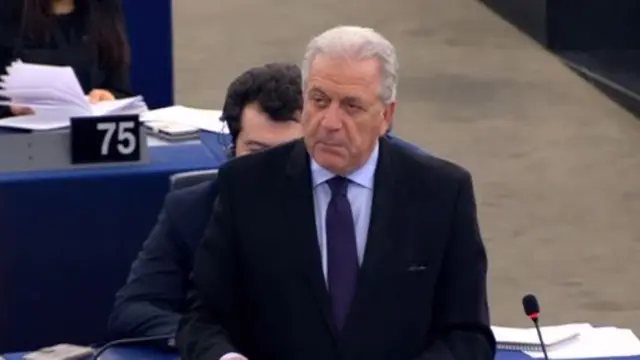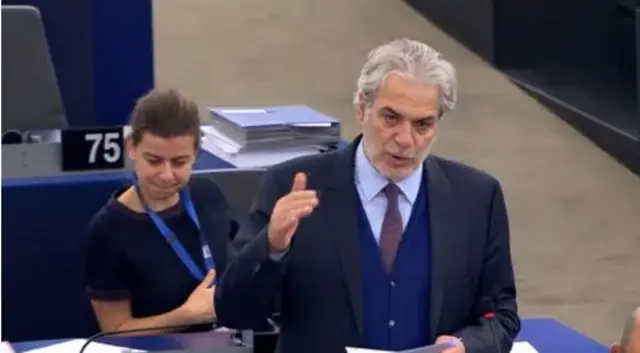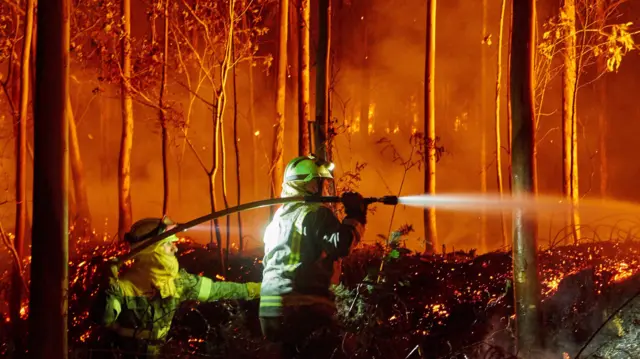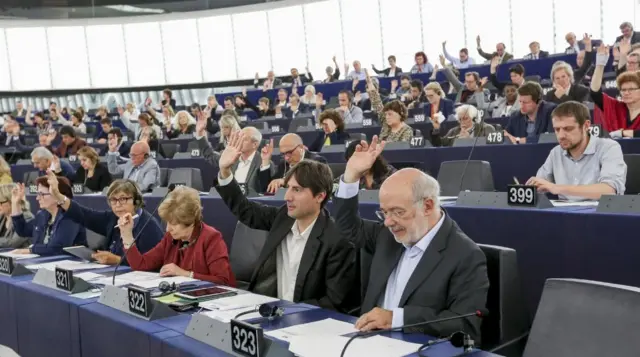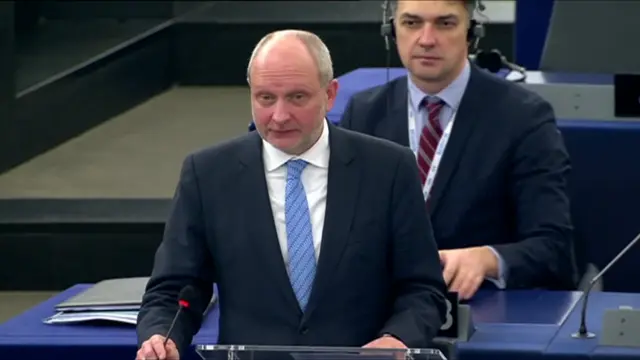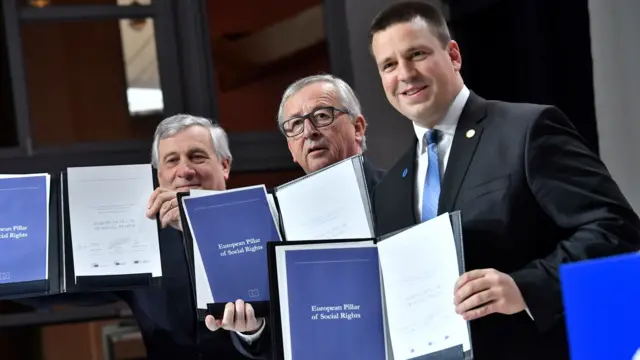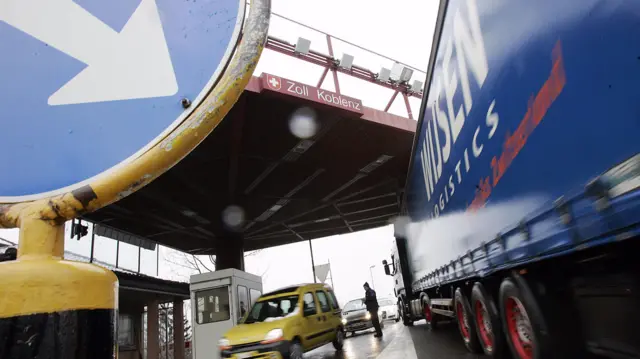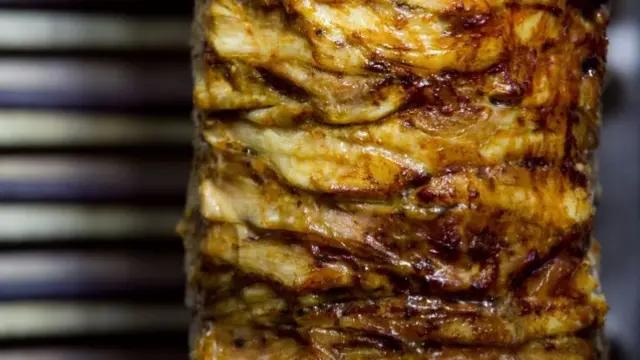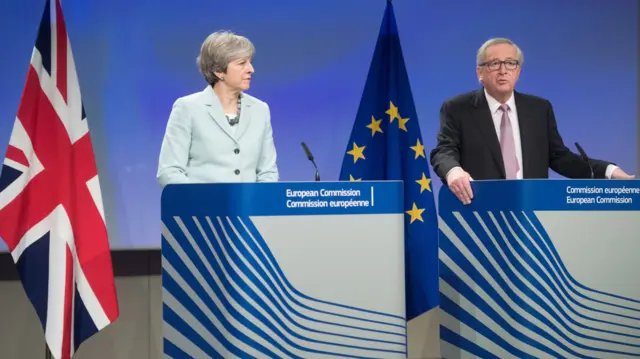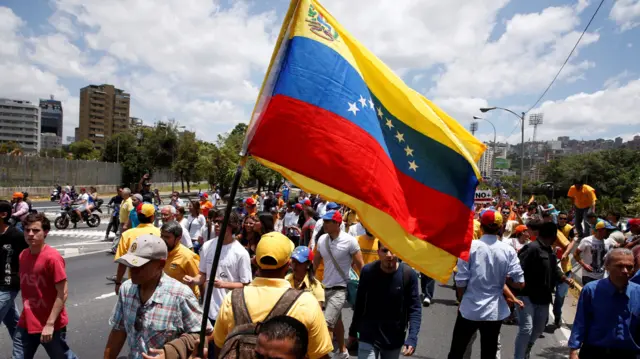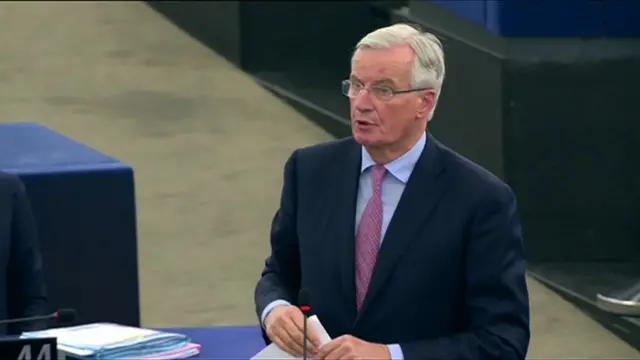Goodnight & coming up tomorrow...published at 21:32 GMT 13 December 2017
That's all for tonight - MEPs are back tomorrow at 08.00 GMT, when their first debate is on a report into petitions received in 2016.
After this, they will debate a report from the transport committee with recommendations for reducing emissions reductions from the transport sector.
They will also debate and vote on three human topical human rights motions.

